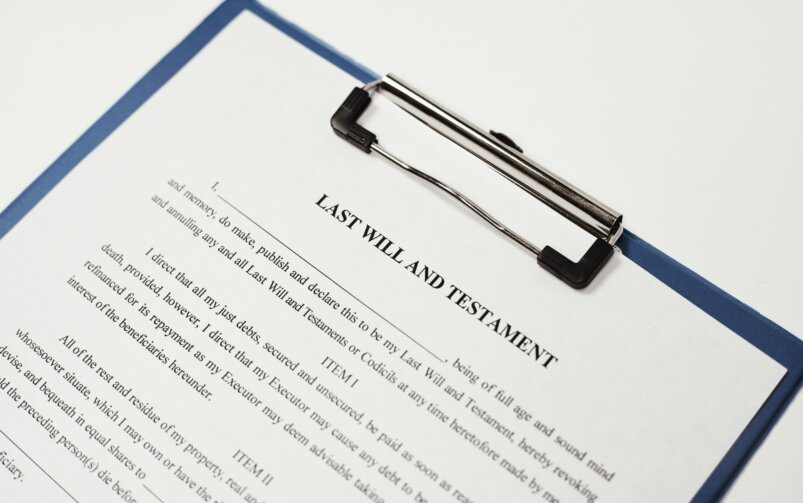
A will is a legal document that specifies how an individual wishes their estate to be distributed after death. Will-drafting solicitors owe their clients a duty of confidentiality prohibiting them from disclosing the contents of the will without the client’s consent.
The simplest method to obtain a copy of a deceased person’s will is to ask the executor for a copy. An executor is the individual designated by the will to administer the estate and is the only person authorised to view and read the will. A will is a private document created after the demise of the testator and prior to probate. Executors are not required to send a copy of the will to other parties, but they may do so if they so choose.
The executor is responsible for collecting the deceased’s assets, paying any debts, and then distributing the estate in accordance with the will. In the majority of instances, the executor must petition the Probate Registry for a Grant of Probate. Sending the authentic will to the probate registry is a requirement of the application. When a grant is issued, the will is deemed a public document, and anyone can apply to the Probate Registry to obtain a copy by searching the Gov.uk website for a small charge.
A search of the probate register may reveal that a Grant of Probate has not yet been issued, despite the fact that it is known that a person has died. In such circumstances, it is prudent to file a £10 standing search with the Probate Registry. This allows a person to submit a request for a copy of the grant and the will prior to filing an application for probate and receiving a grant. A standing search is valid for six months but can be extended for an additional six months.
To obtain a copy of the will prior to obtaining a grant of probate, it is also possible to send a Larke v. Nugus letter to the solicitors or will writer who drafted the will. Typically, a disappointed beneficiary who has doubts about the validity of a will sends such a letter. The letter requests that the will drafter provide evidence regarding the circumstances surrounding the preparation and execution of the will, as well as provide a copy of the requested documents, including their file. The Law Society has recommended to solicitors that they should make available a statement of their evidence and requested documents when a will is in dispute and that no issue of confidentiality arises.
If the will is in the custody, possession, or power of a person who refuses to release it, an application can be made to the probate registrar. If successful, the registrar issues a summons requiring that person to submit the document to the registry within eight days or such other reasonable period as determined by the registrar. The summons includes a notice of impending imprisonment if it is not complied with. This type of application could be filed by a disappointed beneficiary who questions the validity of a will but is denied a copy, or by an executor who knows that the will is in the possession of someone but refuses to release it.
An alternative request is for a court order compelling a person believed to have knowledge of a will to appear in court and be cross-examined under oath. This application can be used to compel a will draftsperson who has failed to respond to a Larke v. Nugus request to appear in court. It can also be used by individuals who do not have custody of the will but who know where it is located.
If the original will cannot be located, a copy of the will can be submitted for probate. The probate registrar may be petitioned to issue a Grant of Probate in relation to a copy of the will. The registrar need not be convinced that the original will has been lost. It is sufficient to demonstrate that the deceased did not revoke the will during their lifetime. A presumption exists that a missing will that was known to have been in the deceased’s possession was intentionally destroyed by the deceased with the intent to revoke it. It is necessary to rebut that presumption based on the evidence to succeed in obtaining an order that a grant can be extracted on the basis of a copy of the original will.



